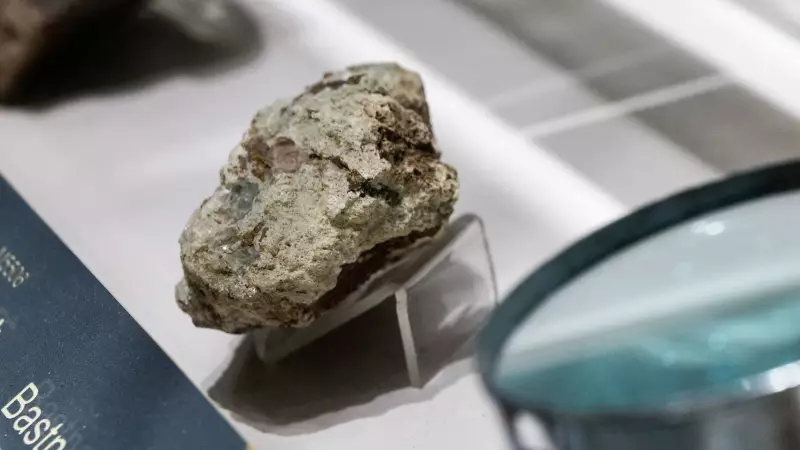
In a strategic move that could reshape global supply chains, India is aggressively pursuing partnerships with international mining giants to break China's stranglehold on rare earth minerals. As the world becomes increasingly dependent on these critical elements for everything from smartphones to electric vehicles and defense systems, New Delhi's push for self-sufficiency marks a significant geopolitical shift.
The Global Rare Earth Landscape
China currently controls approximately 60-70% of global rare earth mining and an overwhelming 85-90% of processing capacity. This dominance gives Beijing considerable leverage in international trade, particularly as tensions with Western nations escalate. The recent announcement of US tariffs on various Chinese imports, including rare earth magnets, has accelerated the urgency for alternative supply sources.
Strategic International Partnerships
India's strategy involves collaborating with established players in the rare earth sector. Australian companies Lynas Rare Earths and Iluka Resources are at the forefront of these discussions. Lynas, operating the largest rare earth separation plant outside China in Malaysia, brings crucial processing expertise. Meanwhile, Iluka Resources is developing rare earth refineries in Australia with substantial government backing.
Domestic Manufacturing Push
The Indian government isn't just focusing on raw material sourcing. There's a parallel push to establish domestic magnet manufacturing capabilities. Rare earth permanent magnets, particularly neodymium-iron-boron magnets, are essential components in:
- Electric vehicle motors
- Wind turbine generators
- Consumer electronics
- Defense applications
- Industrial automation systems
Rainbow Rare Earths Collaboration
Adding to the international cooperation, UK-based Rainbow Rare Earths has entered into a memorandum of understanding with the Indian Institute of Technology (IIT). This partnership focuses on developing innovative rare earth element separation technologies, potentially creating more efficient and environmentally friendly processing methods.
Geopolitical Implications
This strategic move comes at a critical juncture in global politics. With former President Donald Trump proposing 10% across-the-board tariffs and specifically targeting Chinese rare earth magnets, the establishment of alternative supply chains becomes not just economically sensible but strategically imperative for nations seeking to reduce dependency on Beijing.
The Road Ahead for India
While the challenges are substantial—including developing technical expertise, ensuring environmental sustainability, and competing with China's established cost structures—India's rare earth initiative represents one of the most significant attempts to diversify global supply chains in critical minerals. Success could position India as a major player in the high-tech manufacturing ecosystem and provide the world with much-needed supply chain resilience.
The coming months will be crucial as these partnerships move from memorandums of understanding to concrete manufacturing facilities and processing plants. The global technology industry will be watching closely, as the balance of power in critical minerals begins its potential shift.





